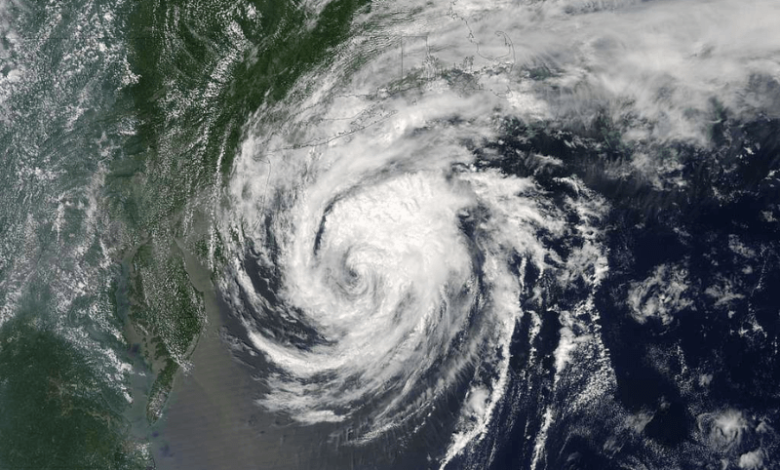Climate change made Hurricane Beryl an unprecedented natural disaster

Tearing through the Caribbean islands earlier this month, Hurricane Beryl has killed at least 11 people. It made landfall on Monday in Texas, the US, as a Category 1 storm, flooding streets and making basic necessities inaccessible for millions in the state.
Hurricanes are classified into five categories based on their sustained wind speeds. Category 1 hurricanes bring winds of 119 to 153 kmph and Category 5 have winds of 252 kmph or higher. Storms that reach Category 3 and higher are considered major hurricanes.
Hurricane Beryl’s record early intensification
Hurricane Beryl has set some pretty sturdy milestones! In just 24 hours of emerging as a tropical depression with wind speeds of 56.3 kmph on June 28, Beryl transformed into a hurricane. Over the next 24 hours, it quickly intensified into a Category 4 hurricane.
By that time, Beryl had become the first Category 4 hurricane to form in June, according to National Oceanic and Atmospheric Administration (Noaa). The earliest emergence of a Category 4 hurricane had earlier been recorded in the case of Hurricane Dennis in 2005.
Beryl made landfall on July 1 on Grenada’s Carriacou Island as a Category 4 hurricane. On its route through the Caribbean Sea, the storm became a Category 5 Hurricane on July 2 – the earliest Category 5 hurricane seen during the Atlantic Hurricane season on record.
Hurricane Beryl is also the strongest July Atlantic hurricane on record. The hurricane season in the Atlantic starts in June and lasts until November. The first major hurricanes usually do not form until September as the ocean is not warm enough till that time.
Impact of climate change on hurricanes
Since last year, ocean temperatures across the globe have mostly been in record-breaking territory. Not only are sea surface temperatures on the rise, ocean heat content (OHC) is also soaring. OHC is a measure of the amount of heat present in the oceans.
Researchers are still debating over the impact of climate change on hurricanes. But there is an agreement over one thing – the climate crisis is making hurricanes more prone to rapid intensification. Rising global temperatures are likely to make hurricanes more common.
READ MORE : This Indian state resorts to palm tree planting as climate change makes lighting deaths more frequent



